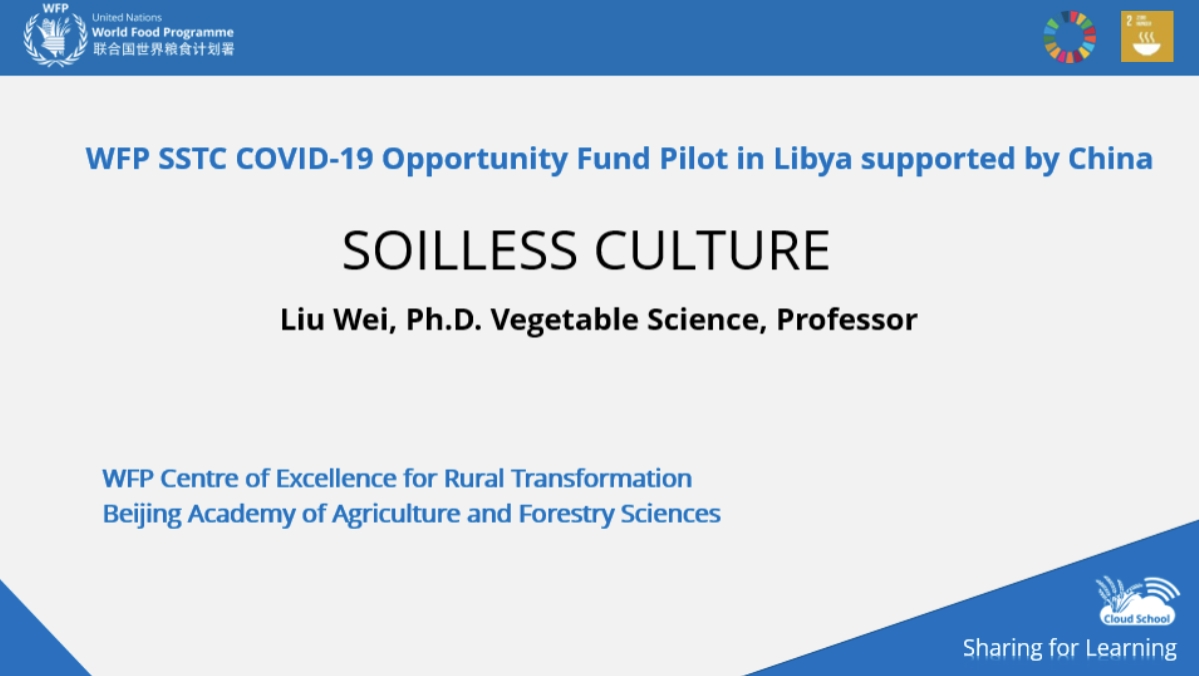This soilless culture course provides a high-level overview of modern soil-free farming techniques, structured into four core modules. The first module introduces the fundamentals of soilless culture, emphasizing its ability to overcome soil limitations, enhance crop yields, and adapt to diverse environments like deserts and urban spaces. The second module explores key systems and methods, including solution-based and substrate-based approaches, highlighting their applications and operational principles. The third module focuses on water and nutrient management, covering water sourcing, pH/EC balance, fertilizer formulation, and disinfection practices to ensure optimal plant health. The final module delves into vegetable production, outlining best practices for cultivating tomatoes and cucumbers—from cultivar selection and irrigation strategies to pest control and environmental management. Designed for practical applicability, the course equips learners with foundational knowledge to adopt sustainable, high-yield soilless systems in agricultural and horticultural contexts.
This course is from WFP SSTC COVID-19 Opportunity Fund Pilot Project on Climate Change in Libya.
* Participants who successfully complete the course and pass a corresponding quiz will receive a certificate of achievement.
.png)
.png)





Learner Satisfaction Rating
Reviews